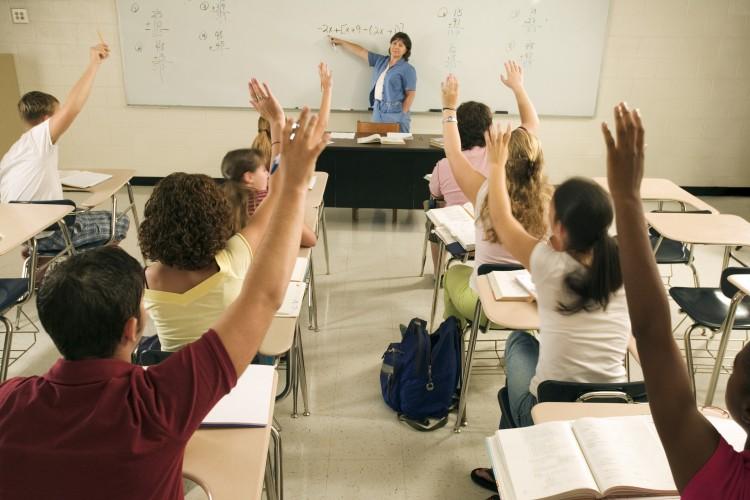Canada’s system of education and skills is one of the best in the world, although more needs to be done to match that education to labour market needs, according to a new report.
Comparing Canada with 16 other developed countries, the Conference Board of Canada (CBC) gave Canada an “A” on its Education and Skills report card, placing it second only to Finland.
Canada performs particularly well in its rate of high school and college completions, and delivers high-quality education to people between the ages of 5 and 25 with modest spending, the report says.
However, the report notes that Canada’s current educational approach is inadequate for many people who, for one reason or another, have not acquired skills in traditional school settings.
There are also other areas that could use improvement, including workplace skills training and lifelong education.
The report says a large proportion of Canadian adults lack the literacy skills needed to function at work. Canada’s ranking compared to its peer countries on adult participation in job-related non-formal education is 10th out of 15.
Canada needs to improve access to education and skills outside the traditional school system to improve its education performance, the CBC says.
Canada also needs to improve in the highest levels of skills attainment, as it has very few PhDs and graduates in the areas of math, science, computer science, and engineering.
“More graduates with advance qualifications in these fields would enhance innovation and productivity growth—and ultimately ensure a high and sustainable quality of life for all Canadians,” reads the report.
Lower Returns for Educational Investment
Canadian university and college graduates receive comparatively lower pay for their education level, according to the report.
For instance, people with a university degree in the United States earned $184 for every $100 earned by high-school graduates. The figure was $111 for college graduates and $66 for those who didn’t finish high school.
In Canada, people with a university degree earned only $165 for every $100 earned by high school graduates, and college graduates earned $110. Those who didn’t finish high school earned $80.
The payback for education level is the highest in Ireland and the lowest in Norway, the report found. The CBC says a possible reason for the lower rate in Norway and Canada might be the booming energy sectors in those two countries, which provide high-paying jobs without university degrees.
In Norway, the earning benefits of a college degree are higher than that of of a university degree.





